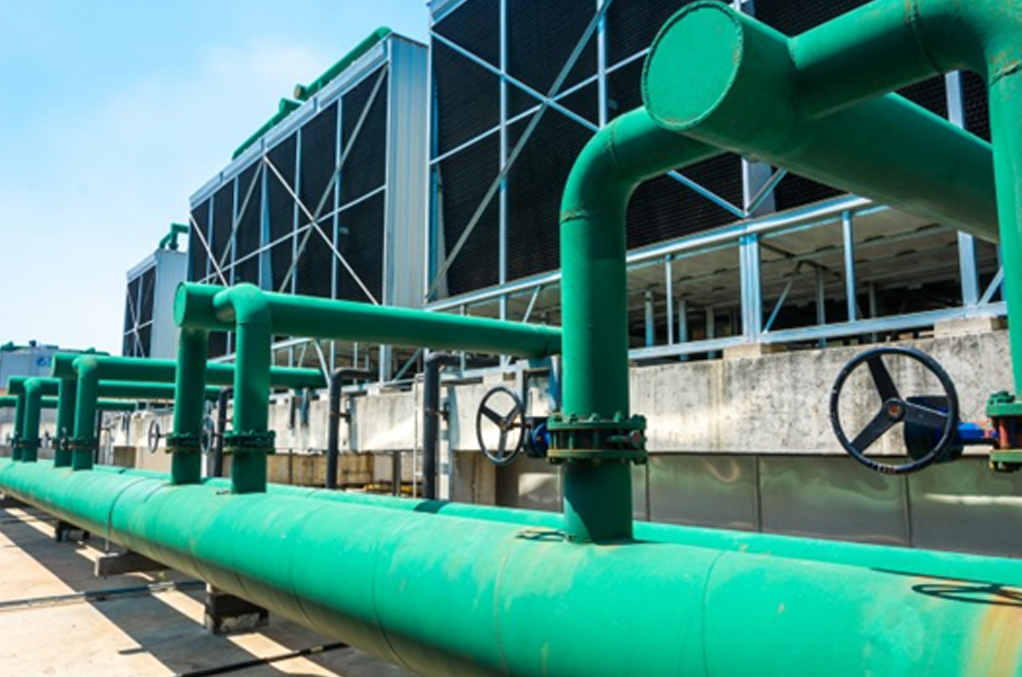Ballot-box accountability impedes far-sighted policymaking
Central government bureaucrats more effectively pursue unobservable and long-term targets.
Some government policies target benefits that the public rarely see or that only materialize years later. According to a study conducted by Dr. Sounman Hong, Associate Professor at Yonsei University’s Department of Public Administration, such policies should be entrusted to the central government.
“Where the goal is a short-term increase in public satisfaction or awareness, the local government should take charge,” explains Hong. “However, where improvements won’t be visible to the public or will take a long time to achieve, the central government will likely do a better job.”
Hong investigated every local water system in Korea from 2006 to 2012, measuring public satisfaction and water supply efficiency. During this period, many local authorities passed responsibility for administering water supply services to K-Water, a central government agency. This allowed direct comparison between locally and centrally governed services.

Following the change from local to central governance, public satisfaction plummeted, with citizen complaints increasing by 79%. Criticisms focused on service quality, prices, and various other issues. Such high levels of dissatisfaction even prompted the Korean National Assembly to query the situation in 2014.
In response, the central government could point to efficiency improvements, measured by Hong’s study at around 4%. As expected, these improvements took some time to achieve, especially as local governments operating less efficient systems were more likely to transfer their water service operations to K-Water.
For the public, of course, improving efficiency brings unpopular short-term costs. The greatest efficiency gains in a water supply system are achieved by reducing leaks. This may involve frequent disruptions to the water supply and higher bills to fund investment in pipelines and other key infrastructure. Both inevitably provoked the marked increase in citizen complaints.
As Hong highlights, “We need to recognize the inherent trade-off between enhancing efficiency and its unpopular impacts. Such policies are less likely to be pursued by local governments, as the short election cycle directs politicians and administrators to prioritize public satisfaction.”
By contrast, the performance of central government bureaucrats is evaluated through an internal management system. Rather than facing short-term political pressure, K-Water’s administrators could prioritize efficiency as their most important objective. Their effectiveness in this endeavor contrasts starkly with the losses suffered by many local authorities: according to regular media reports, water supply operations are a chief cause of local fiscal deficits.
Hong warns, though, that the ultimate purpose of the government may be neglected when public service provision is governed by a performance management system, insulated from democratic forces: “excessive focus on narrow targets may lead administrators to ignore their mission of serving the public.” Consequently, activities aiming to increase short-term public satisfaction or awareness are better-suited to local governments, especially where direct interaction with citizens is required.
For longer-term policymaking, shrouded in greater uncertainty, Hong’s findings compellingly endorse the central government’s superiority.
Recommended Articles
Professor Sangyup Choi and Myungkyu Shim
Researchers Show How Uncertainty in Inflation Expectations Affects Economic Growth
Professor M. Jae Moon
The evolution of E-Governance: Professor M. Jae Moon’s contribution
Professor Jeonghye Choi
Studies Show Social Interaction Is Bigger Motivator than Money for Sustained Purchase Behavior